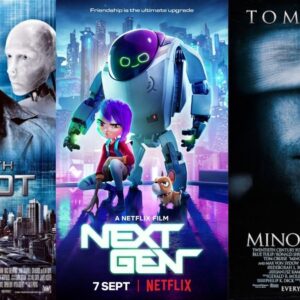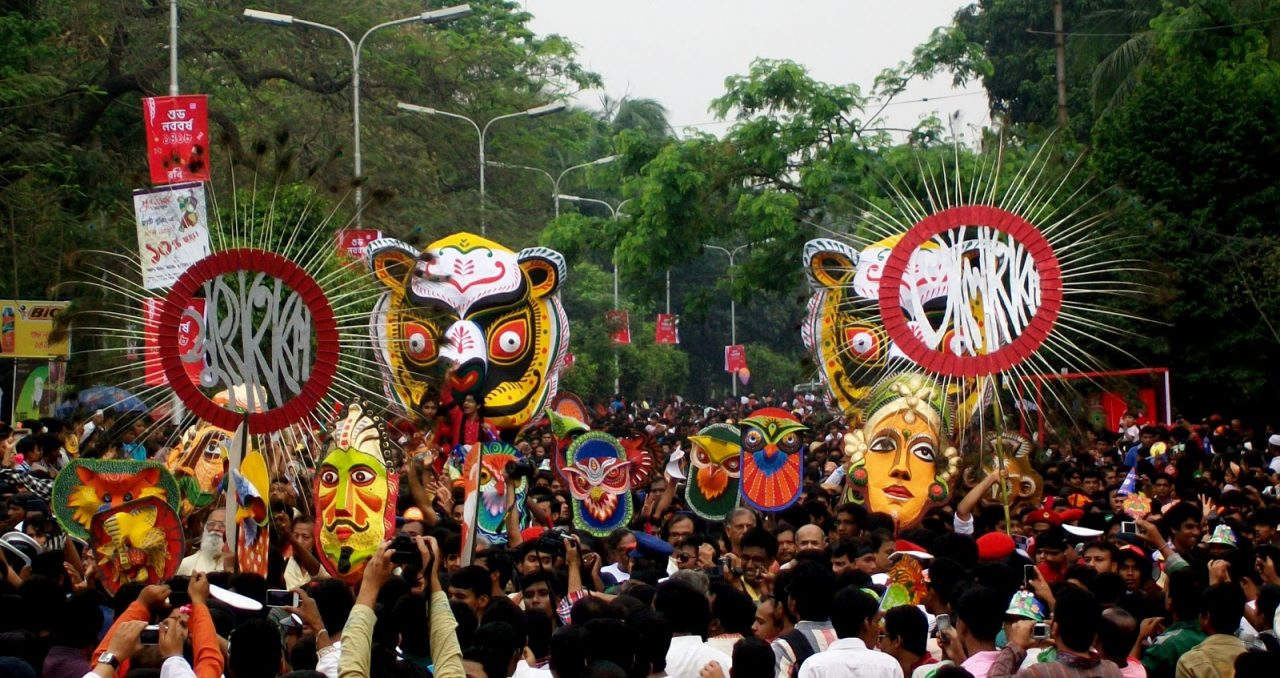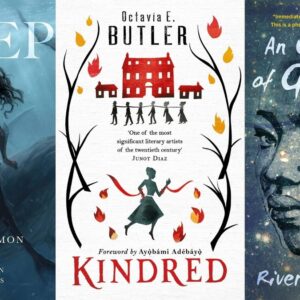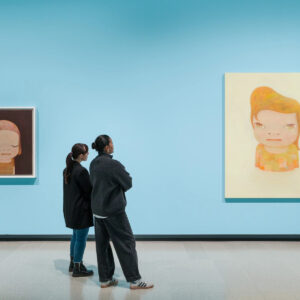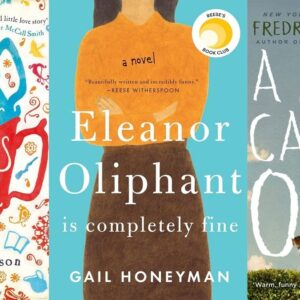Pohela Baishakh, the celebration of spring in Bangladesh, has been a highlight of the year for Bangladeshis from all walks of life. This year, due to the pandemic, the Prime Minister has put a halt on preparations for parades and asked citizens to move the festivities indoors. Tanzia Haq writes about the resilience of culture and heritage.
In Bangladesh, the celebration of spring, known as Pohela Baishakh, is a huge festival every year. When the country still hung to its traditional roots, each season was recognized with a festival of some sort. As the country modernized, most of these traditions drew away, only to survive in farms and villages where other forms of entertainment are lacking.
Pohela Baishakh is one tradition that has stuck. Each year, on 14 April, the first day of spring in the Bengali calendar, roads are painted, parks are filled with flowers, vendors cover long distances to gather in hubs, and food made with ingredients in all colors of spring are piled high on tables, baskets and carts everywhere. Mangoes mixed with spices and sweets made of seasonal fruits, all tinge the air with the smell of childhood.
While men go conservative in simple Panjabi attires, it’s the women who bloom like flowers. Wreaths of flowers and necklaces hang from the arms of children running around offering them to anyone arriving new to the carnivals. Women sit with huge trays lined with glass spun bangles of every color, sprinkled with glitter, dotted with sequins, hanging with bells. It’s an exhibition of all Bangladesh can do in the arts, displayed for you to see. Clay pots and vases adorn some mats and carts, jute and wicker ornaments hang off another. The traditional ‘Pankha’, a huge fan painted with scenes of rural Bangladesh, fish in flight or women dancing, is forgotten by most all year round but bought by many as it comes in sight. Children run to line up at the crude ferris wheels operated by men yanking on the crates holding people.
As the sun starts to set, a hush permeates the excitement of the day as people settle on the grass to listen to songs of spring and watch dances and performances. Many of these performers prepare months ahead and travel miles to these venues for a small sum, mostly to keep the art alive.
It is a festival of color, of music and a chance for people to remember their childhoods. It’s also a festival that reminds us that we are Bengali and we unite at these carnivals from all walks of life, celebrating together, eating the same food and buying the same trinkets and flowers.
All this is what we need to remember as we sit at home tomorrow with our families that we were one and the same when we celebrated on the streets and we are staying at home to keep each other safe.
Communities are still celebrating Pohela Baishakh in small ways and through virtual events. Masks and art commemorating the festival can be made at home or in small gatherings. At the end of the day, it is the celebration of Bengali heritage and it’s tied to Bangladeshis who have grown up since 1989 in the midst of these celebrations.
Messages from prominent figures across the country have asked people to stay home this year use social media to spread the cheer of Pohela Baishakh. Eminent artist and professor of Dhaka University, Syed Azizul Haque quoted Hemingway saying,”Man is not made for defeat. Man can be destroyed but not defeated.”
With the hope for a new year before Bangladesh, let this show of strength and resilience persist. Stay home so we can gather in celebration again.


